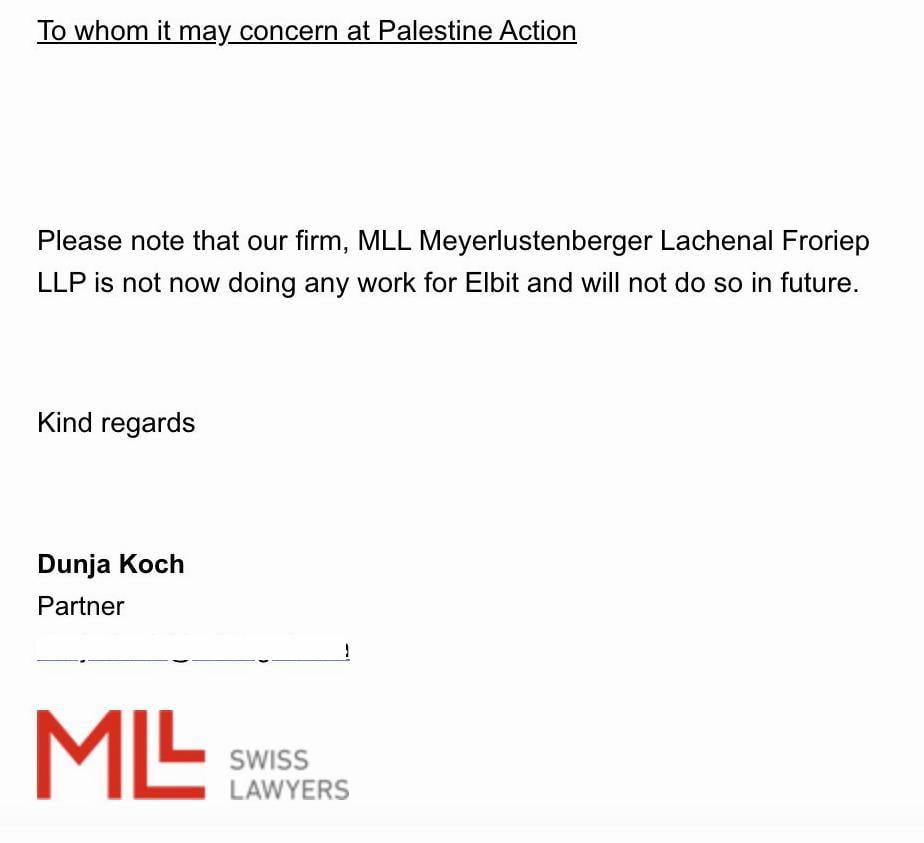A member of the Bristol Care Workers Network reflects on their experiences organising in healthcare.
I work in a community mental health team in a large town north of Bristol. Morale in my team was low and this was being made worse by staff lacking access to training and supervision; supervision is important in mental health work because the emotional strain can be very high and because staff must sometimes make decisions about very high-risk situations, sometimes involving life and death, and we use supervision to share decision-making.
On top of this, our service was due to go out to tender, and there were rumours going round that the contract would be awarded to a private contractor, or that the whole mental health trust would be placed under “special financial measures.” Both situations would mean cuts to jobs, pay and terms, and the fact that we had been kept in the dark about these changes left us feeling even more undermined and insecure.
One of the aims of the Care Workers Network is to build fighting organisations within the workplace, which can act as a worker-led alternative to the established trade unions. I was keen to try this. Plus, the “official” trade unions are usually unwilling to get involved in these kind of “day-to-day” issues, even if they’re making their members’ working lives miserable. Rather than going through the existing union, I decided to try and start a new organisation at work which we could use to …
a) put pressure on management for more supervision and training
b) to keep track of the trust’s financial situation and try and educate our co-workers about any upcoming changes which might affect our jobs
I originally pitched this idea to my colleagues as a “peer support” group; I wanted to avoid too much “flag waving” and political posturing, and the term peer support was vague enough that we could get people interested without attracting negative attention from management. This tactic worked and, initially at least, our managers actually encouraged us to set the group up. The group was quite short lived — we met six times in total — and had modest successes before losing momentum and fizzling out. I wanted to write about what worked, and what went wrong.
Slow build
By calling the group a peer support group I was deliberately playing coy with the fact that I wanted it to have a militant role. The Solidarity Federation, BCWN’s sister organisation, advises activists in its industrial strategy to organise semi-covertly at work, at least until an organisation established itself, so that workplace activists can protect themselves from being victimised. This was obviously something I was concerned about. Not coming on too strong also made strategic sense; the workplace was poorly organised by the ‘official’ union and lacked a militant culture, and if I’d told my colleagues I wanted to start a group specifically to try and fight against management, then I doubt anyone would have shown up to our meetings. Downplaying the campaigning role of the group leant the organisation an air of legitimacy — we could organise under management’s noses, in work time, using work facilities, and workers could attend without fear of being victimised. In the end, this “legitimacy” turned out to be something of a two-edged sword; I will talk about this more below.
Our first meeting was fairly well attended and generally felt positive and focussed. Workers were respectful of each other and seemed keen to adopt a leaderless, democratic decision-making process, taking it in turns to speak, identify grievances, and agree actions. We shared research that a few of us had done about the trust’s financial circumstances and some of the possible implications, and we agreed a list of demands, including a regular supervision agreement for all staff and more training. We then emailed our demands to our supervisor.
Kickbacks and successes
This list of demands was shouldn’t have caused too much controversy, but the response from our managers was surprisingly hostile. Our supervisor emailed us back accusing us of “whingeing” and “wasting time,” and telling us that what we were asking for was impossible. After this, various managers did their best to break up the group by singling out individual members on meeting days and confronting them quite aggressively, in the middle of the open-plan office, demanding to know why we thought we needed a “peer support” group and what kind of things we were going to talk about. Management tried to bring us into line by ordering that a manager attend the meetings from now on, to “facilitate.” This was disheartening at first, but resolved itself, as no managers ever bothered showing up and we were left to our own devices despite all the threats.
Some workers stood up for themselves, and argued back assertively when challenged. A few workers began to show a more politicised understanding of what we were doing; one worker said in our next meeting that management “were scared we were getting our power.” Another member approached me after the meeting to tell me how keen she was to keep the group going, even suggesting we meet in a pub after work if management stopped us from meeting on the clock.
We also had some success from our initial demands; our supervisor, despite telling us it wasn’t possible, quickly passed our concerns up the line and put the supervision agreement in place. Given how hostile management were to us, it surprised me how easy it was to get demands met simply by sticking together and saying what we wanted. By organising outside the formal collective bargaining structure, around issues that the big unions usually wouldn’t touch, I think we were able to take management by surprise. They seemed to give in to us out of panic.
Downsides of “legitimacy”
Despite this success, this turned out to be the high point of the group, and we quickly began to lose momentum. Our managers’ hostility dispelled the illusion that we were playing by the rules, and losing the air of “legitimacy” broke the spirit of some of the less confident workers. Attendance at meetings dropped off significantly, as workers who weren’t used to standing up for themselves began to worry that they were putting themselves in the firing line. The group needed to appear legitimate to get off the ground, but by becoming reliant on legitimacy, it was easy for management to undermine us simply by withdrawing their approval.
In hindsight, had the group been more combative and overtly political from the beginning, the loss of endorsement from above wouldn’t have been such a problem. A smaller group of more hardcore troublemakers would probably have been more robust than a bigger, but more passive group of first-time organisers.
The next few meetings were more subdued, less hopeful, and less focussed. Workers were still keen to talk about grievances but were no longer prepared to turn complaints into demands. The purpose of the group shifted, and the next few meetings became less militant and more oriented towards actual peer support. The group began to fill more of a supervisory role, discussing each others’ caseloads, sharing out policies and practical advice, teaching each other skills and helping new staff find their feet. This wasn’t a total waste of time; workers’ self-education is a stated aim of the Bristol Care Workers Network, and anarcho-syndicalists have always argued that the union’s role is to teach as well to fight. We did some useful work for each other, and made a few of our colleague’s lives easier by offering small acts of mutual aid.
Over time, though, this became tiring, and without an element of class struggle, of moving things forward, the only long-term effect of this experiment in self-management was to let our paid managers off the hook, as the peer group began filling in the gaps of what the managers should have been doing themselves. The group’s enthusiasm plummeted as increasingly stressed and tired staff began to resent what amounted, at the end of the day, to extra work. By doing the bosses’ jobs for them without actually struggling against them, we were propping up, rather than challenging, the status quo. The seventh session of the group was cancelled due to poor attendance, and never rescheduled.
Conclusion
By allowing us space to talk about our issues, I had hoped that the peer support group would develop a militant consciousness all by itself. In the end, the group was too short-lived to put this theory to the test. The group wasn’t a total failure; we achieved one of our initial goals with minimal effort, and some group members came away keen to develop the organisation into something more substantial. But the organisation lacked clarity in its purpose, partly due to my own skittishness about appearing too radical, and this made it easy for management undermine us. We developed our autonomy as workers by taking on some of the functions of management. Ultimately, though, this began to feel like a dead end. Without class struggle, self-management just means extra work.
Details have been changed to protect the author’s anonymity.








